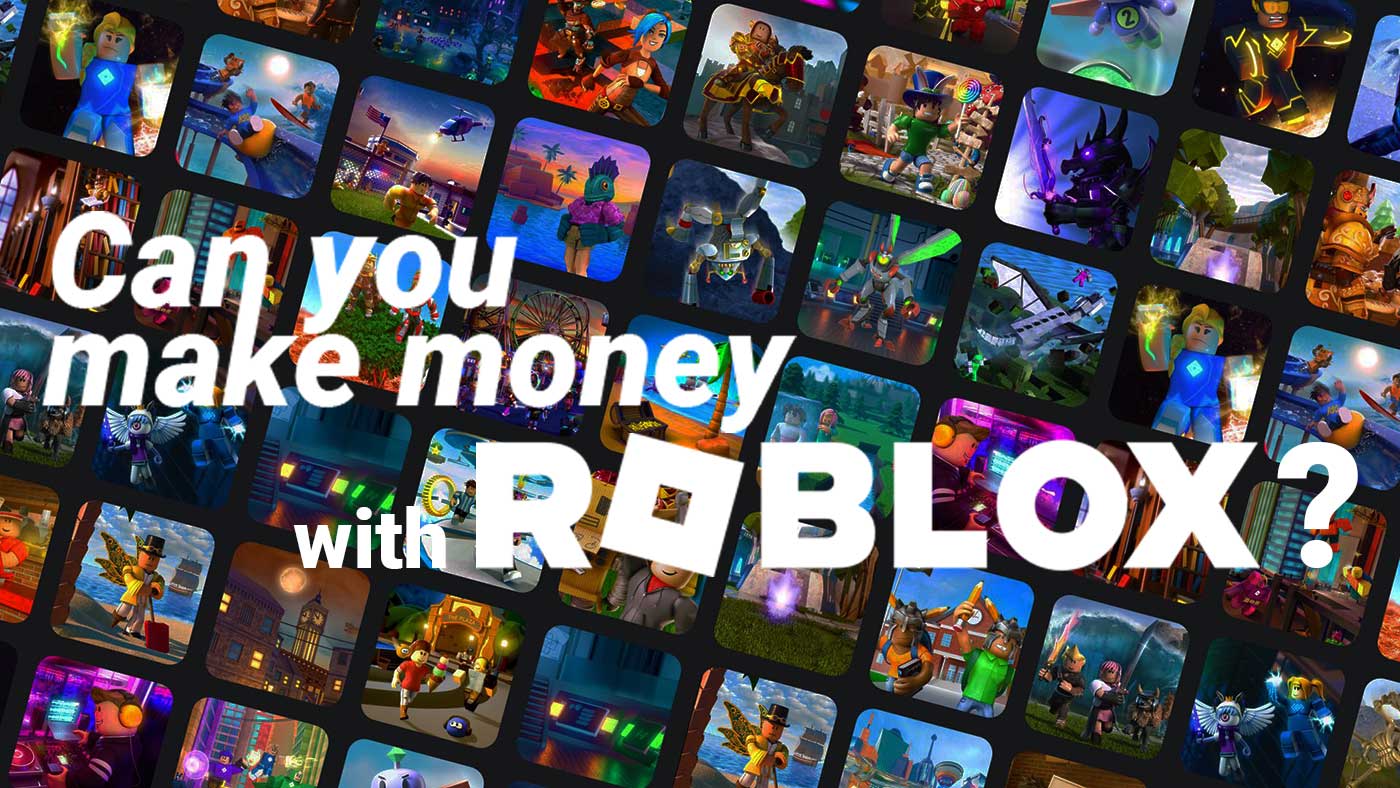Just How Play-to-Earn Gamings Are Transforming the Pc Gaming Sector

Comprehending Play-to-Earn Mechanics
The play-to-earn version has become a cutting edge concept within the gaming market, fundamentally modifying the relationship between gamers and the games they engage with. This design makes it possible for gamers to make concrete benefits, often in the kind of cryptocurrencies or non-fungible tokens (NFTs), through their in-game activities. Unlike traditional pc gaming structures that generally monetize with subscription charges or one-time acquisitions, play-to-earn video games incentivize gamer involvement by directly connecting gameplay achievements to real-world value.
At the core of play-to-earn mechanics is the integration of blockchain modern technology, which guarantees transparency and provable possession of in-game possessions. Players can purchase, sell, or trade these possessions in decentralized industries, encouraging them with financial company formerly hidden in conventional gaming environments. Each gamer's contribution to the game ecosystem-- be it through skillful play, strategic trading, or area involvement-- boosts the overall pc gaming experience while supplying them an opportunity to create earnings.
As players spend time and resources, they not just deepen their interaction with the game yet also foster a vibrant economic situation that mirrors their collective efforts (play and earn rewards). This makeover of gameplay right into a monetizable venture is reshaping both gamer inspiration and video game style
Financial Influence On Gamers

Furthermore, play-to-earn versions equalize accessibility to economic benefits. Players from varying socio-economic histories can participate and potentially make considerable income, bridging voids that exist in traditional work markets. This standard shift promotes monetary freedom, particularly in areas where employment possibility may be restricted.
Furthermore, the intro of virtual economic climates permits gamers to construct riches via tactical financial investments in in-game properties, which can value gradually. This has resulted in the appearance of a new course of gamers that approach play-to-earn as a serious income-generating task, typically causing the reinvestment of profits into the gaming ecosystem itself. Inevitably, the economic impact on players is profound, as they browse a landscape where recreation and source of income merge.
The Function of Blockchain Innovation
What makes blockchain modern technology a cornerstone of play-to-earn video games is its capability to supply decentralization, transparency, and safety and security. By using a dispersed ledger system, blockchain guarantees that all transactions within the game are recorded in an unalterable manner, enabling gamers to verify possession of in-game possessions without relying on a main authority. This openness cultivates trust fund amongst gamers, as they can separately confirm the scarcity and provenance of electronic products, boosting their worth.
In addition, blockchain technology equips gamers with decentralization, enabling them to participate in peer-to-peer purchases. Gamers are no longer confined to in-game economies controlled by developers; rather, they can trade, market, or lease their properties openly in open markets. This shift not just raises the general liquidity of digital properties however additionally urges more purposeful player involvement, as customers can straight visit this site take advantage of their effort and time bought the video game.
Furthermore, blockchain helps with the creation of clever contracts, which automate different in-game procedures, from benefits distribution to governance systems. play and earn rewards. This development decreases the risk of fraudulence and makes certain justice, further solidifying blockchain's indispensable function in the evolution of play-to-earn video gaming
Difficulties and Criticisms
Frequently, play-to-earn games encounter substantial challenges and criticisms that can impede their development and approval within the broader pc gaming neighborhood. One key issue is the potential for a speculative bubble, where the worth of in-game assets can vary significantly, resulting in financial losses for gamers. This volatility threatens the stability that conventional video gaming environments commonly offer.
Moreover, the assimilation of blockchain technology frequently raises concerns about ecological sustainability. The power intake connected with particular blockchain networks has actually triggered arguments regarding the ecological impact of these games. Critics suggest that the carbon impact generated by play-to-earn systems could discourage eco-conscious gamers.
Furthermore, there are problems about availability and inclusivity. Several play-to-earn games call for gamers to invest considerable ahead of time funding to obtain needed possessions, developing barriers for those with restricted economic sources. read This version can inadvertently create a divide between wealthier players and those that can not manage to participate.
Future Fads in Gaming
As the video gaming sector continues to advance, several future fads are arising that pledge to improve the landscape of play-to-earn games and beyond. One considerable pattern is the raising integration of blockchain technology, which enhances openness and safety and security in deals. This will likely bring about better trust among gamers, motivating bigger adoption of play-to-earn designs.
In addition, the rise of non-fungible symbols (NFTs) is set to change electronic possession, permitting players to genuinely have in-game properties. This change will certainly not just equip players however also develop brand-new economic opportunities within the digital ecological community. The merging of video gaming with various other fields, such as social media and decentralized financing (DeFi), is anticipated to foster innovative gameplay technicians and monetization methods.
Additionally, improvements in expert system and artificial intelligence will make it possible for extra tailored gaming experiences, dealing with private gamer choices and boosting engagement. The expanding focus on community-driven growth will likely influence game design, as gamers significantly get involved in forming their gaming atmospheres. Collectively, these trends indicate a transformative future for the video gaming sector, where play-to-earn models will play a central duty in redefining gamer interaction and worth production.
Verdict
Finally, play-to-earn games stand for a considerable shift in the pc gaming market, promoting economic opportunities via innovative auto mechanics that leverage blockchain modern technology. This version not only equalizes accessibility to monetary advantages for gamers from different socio-economic histories however additionally motivates neighborhood get more involvement and empowerment. In spite of encountering criticisms and difficulties, the capacity for future innovations recommends that play-to-earn video games will certainly remain to form the video gaming landscape, providing new methods for riches development and player involvement.
The emergence of play-to-earn games represents a considerable change in the pc gaming industry, improving the connection in between gamers and the electronic economy (play and earn rewards).The play-to-earn version has arised as a revolutionary concept within the gaming sector, basically modifying the relationship in between gamers and the games they engage with. Unlike conventional gaming frameworks that normally monetize with registration charges or single purchases, play-to-earn games incentivize player engagement by straight connecting gameplay success to real-world worth
These cutting-edge gaming platforms encourage players to create real-world revenue with their in-game tasks, therefore transforming the conventional concept of gaming from a plain activity into a practical financial chance. Regardless of facing obstacles and criticisms, the capacity for future improvements suggests that play-to-earn video games will certainly proceed to form the pc gaming landscape, using new opportunities for wide range development and player involvement.